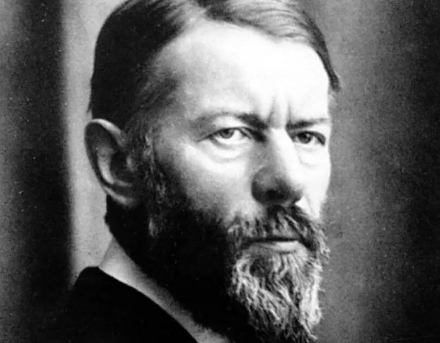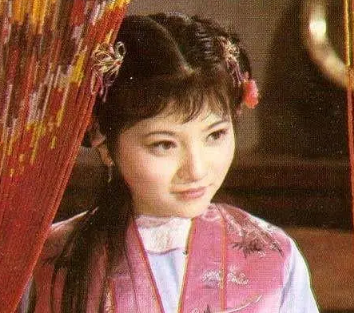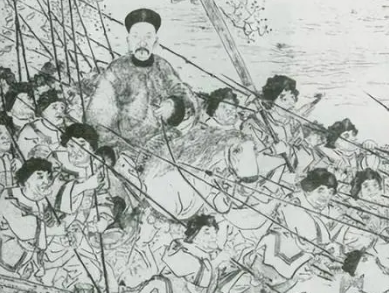In ancient Chinese history, the inheritance of the throne was often accompanied by bloody struggles. However, in the history of the Qin Dynasty, there was a prince named Ying Qian, who had the opportunity to compete for the throne but chose to give it up. Why is that? Some speculate, was Ying Qian not the legitimate son? Or, was Ying Qian eventually killed? This article will explore the true story of this mysterious prince.

Firstly, regarding Ying Qian's background, historical records do not clearly state whether he was the biological son of Emperor Qin Shi Huang. In ancient times, with many concubines in the imperial palace, the emperor often had many offspring. Therefore, we cannot give a precise answer to Ying Qian's specific birth background. However, his origin does not affect our discussion of why he did not compete for the throne.
There may be many reasons why Ying Qian did not compete for the throne. On one hand, it may have been due to his personal character and choices. In history, some princes were not interested in power and may have preferred a peaceful life rather than getting involved in complex palace intrigues. On the other hand, it may also have been due to his loyalty and awe for his father or other powerful brothers. In that era, princes who did not follow the rules could face severe punishment, even losing their lives.
Regarding whether Ying Qian was killed, according to the available historical records, we have not found conclusive evidence to prove his fate. Historical books such as "Records of the Grand Historian" provide very limited information about him, so it is difficult to determine his ultimate outcome. However, we can speculate that even if Ying Qian did not compete for the throne, it cannot be completely excluded that he may have been victimized in political struggles. In that era, imperial power was supreme, and any factor that might threaten its stability could be quickly eliminated.
In summary, the reasons why Ying Qian did not compete for the throne may be multifaceted, including his personal character and choices, as well as considerations for his family and political situation. As for whether he was a legitimate son and whether he was killed, these questions have been lost in the long river of history, becoming unsolvable mysteries. Nonetheless, the story of Ying Qian still reminds us that not everyone desires to stand at the forefront of power struggles. Sometimes, avoiding contention is also a kind of wisdom.
Disclaimer: The above content is sourced from the internet and the copyright belongs to the original author. If there is any infringement of your original copyright, please inform us and we will delete the relevant content as soon as possible.
































